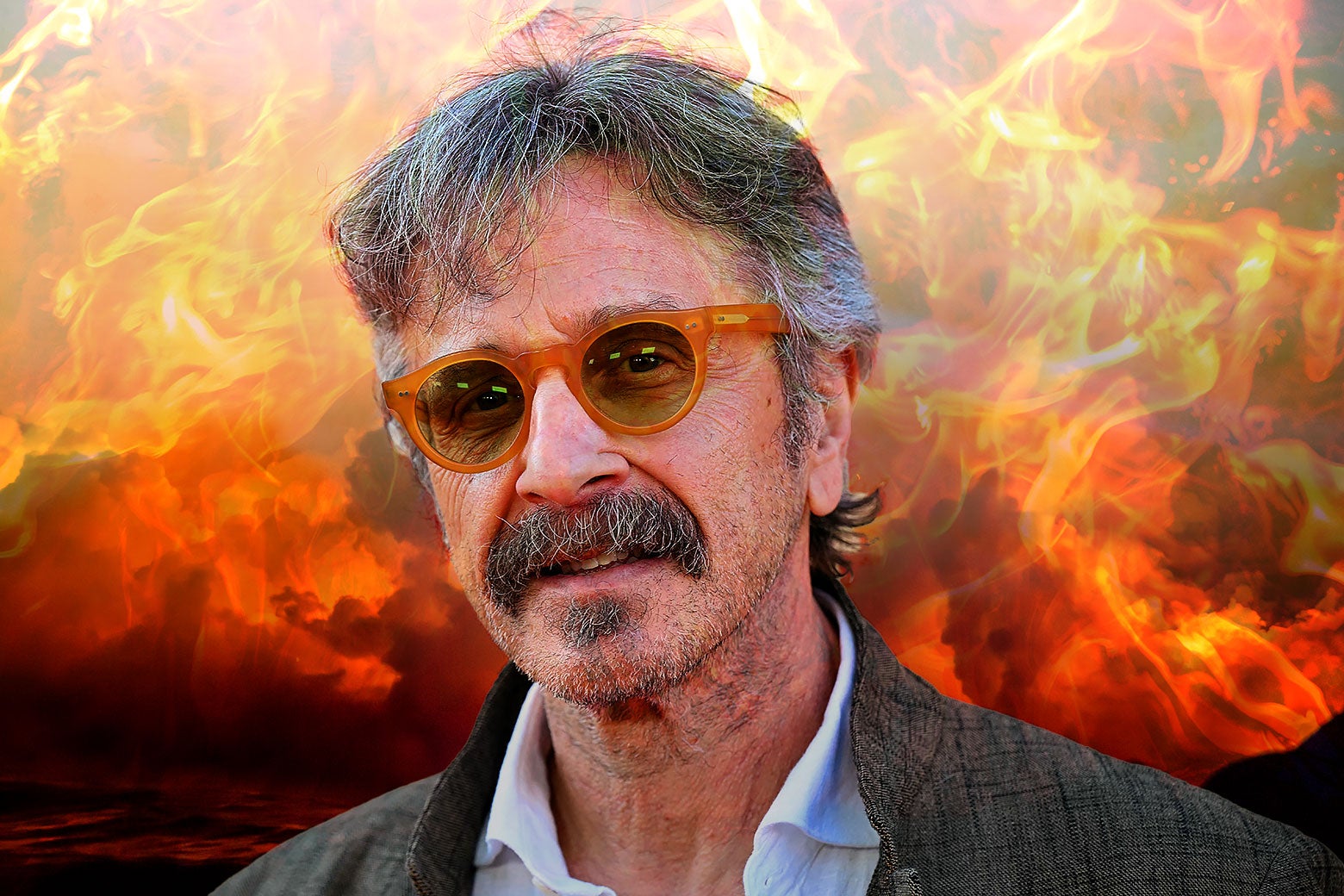
"It is fitting that for as much time as I've spent listening to Marc Maron hold forth about comedy, I can't recall ever hearing him tell a joke. Like so many other Americans, I was introduced to the man when he was adrift in his mid-40s and coming to terms with a rapidly stagnating stand-up career. Sure, Maron had plenty to hang his hat on; his résumé was studded with Comedy Centralhalf-hours and Conan stints, and he spoke, ebulliently, about his days grinding at the craft on the hallowed ground of Los Angeles' Comedy Store."
"But by 2009, with peers like Louis C.K. and Jon Stewart soundly lapping him at the box office and on TV screens, it became clear that Maron was never going to be a star in the way he once imagined. A rebrand was the only option, and thus began WTF With Marc Maron. The first episode featured an interview with Jeff Ross, recorded in the garage Maron had converted into a makeshift studio. The two batted around low-stakes backstage gossip in a conversation that was punch-line-free and strangely tender. It was lightning in a bottle. Maron had launched a new kind of podcasting, and comedy would never be the same."
"You can find the formula Maron established all those years ago pretty much everywhere else in the industry. The Joe Rogan Experience, which debuted mere months after WTF, shares the exact same DNA: long-form, meandering, sometimes surprisingly personal chats with miscellaneous stand-ups and gadflies. (Naturally, in a previous life, Rogan was also a Comedy Store habitué.) This also goes for This Past Weekend With Theo Von, another of America's five most popular podcasts, or Conan O'Brien Needs a Friend, which sadly ranks nowhere near as high.Hell, you can even hear its influence in The Ezra Klein Show. Maron was among the first people to discover that the shaggy nature of the medium was an asset, capable of purging the artifice from celebrity interviews, resulting in an end product that simply feels realer than the typical"
Marc Maron transformed a stagnating stand-up career by creating WTF With Marc Maron as a garage-recorded, conversational podcast. The show favored punch-line-free, candid exchanges that emphasized tenderness and authenticity over polished jokes. That loose, long-form interview format proved contagious and influenced many other prominent podcasts. Shows like The Joe Rogan Experience and This Past Weekend mirror the same meandering, personal approach to conversations with comedians and cultural figures. The format's perceived realness came from stripping away interview artifice and allowing extended, unstructured dialogue to surface unexpected emotional and human moments.
Read at Slate Magazine
Unable to calculate read time
Collection
[
|
...
]